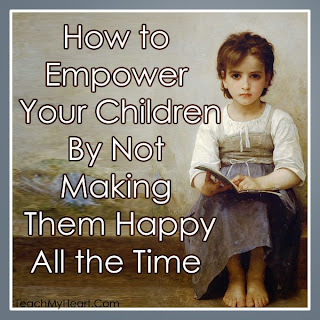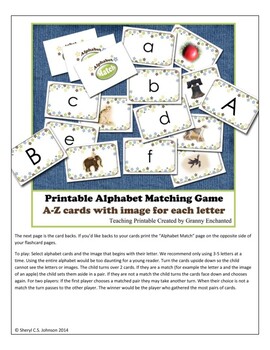In her book,
The Parenting Breakthrough, author Merrilee Browne Boyack asks, “Do you
serve the same meal day after day?...Do you go see the same movie week after
week after week?...To use the same method of assigning chores all the time is
incredibly dull; it’s no wonder the kids lose interest.”
She’s right. There is no reason
we can’t change up our chore assignment routine from time to time. Parents can
use a different chore assignment method in the fall when they need to work
around school and homework schedules. Weekends with bigger chores work better
in the fall. In the summer daily chores are perfect.
Merrilee suggests a variety of
chore assignment methods to spice up your chore routines. However she advises,
“…if one method does not work, don’t give up! Just move on and keep searching
and making changes.” Here are a few of her suggestions:
Pocket charts: A pocket
chart consists of two pockets. When a child finishes a chore he moves it from
the to-do pocket to the done pocket.
Rotating zones: Dividing
the house into zones and giving a child responsibility for a zone (warning, may
cause sibling contention when one child is messy in another child’s zone).
Rotating chores:
Systematically rotating the children through chores that change monthly.
Blitz: An entire family
comes together at the same time to clean the same room or area.
Sixty-second straighten:
Exactly what it sounds like. Set a timer and let the children clean like crazy
to see how much they can get done before the time rings.
TeachMyHeart.Com would like to add Playing
Hotel to this list. This
is featured in a fantastic article at the Gilded Pear HERE. If you’re
really interested in making chore time more bearable for your children it is a must
read.
Enjoy our free pocket chart pdf…
You provide the chores!
(Special Thanks to Scrapgraphics.Com and GrannyEnchanted.Com for
these graphics).
 | Read more advice from Merrilee Browne Boyack in her entertaining and instructive book, The Parenting Breakthrough. Fun and practical, author Merrilee Boyack has readers laughing out loud as well as feeling grateful for her parenting advice. She's a mom who's spent the last 22 years in the real-life work of parenting. “I have four sons, 13, 15, 17 and 22. You know what that means,” she writes. “I'm an absolute expert in raising children 23 and older.” Merrilee offers the “Parenting Breakthrough” for training kids — from toddlers to teens — to be independent. It includes ideas for how to teach kids about money, investing, debt, and the importance of earning their own money; how to help children with emotional and spiritual development; and much more. |
Article Author: Sheryl C.S. Johnson
Photo Credit.
004 Boyack Chore Interest

















